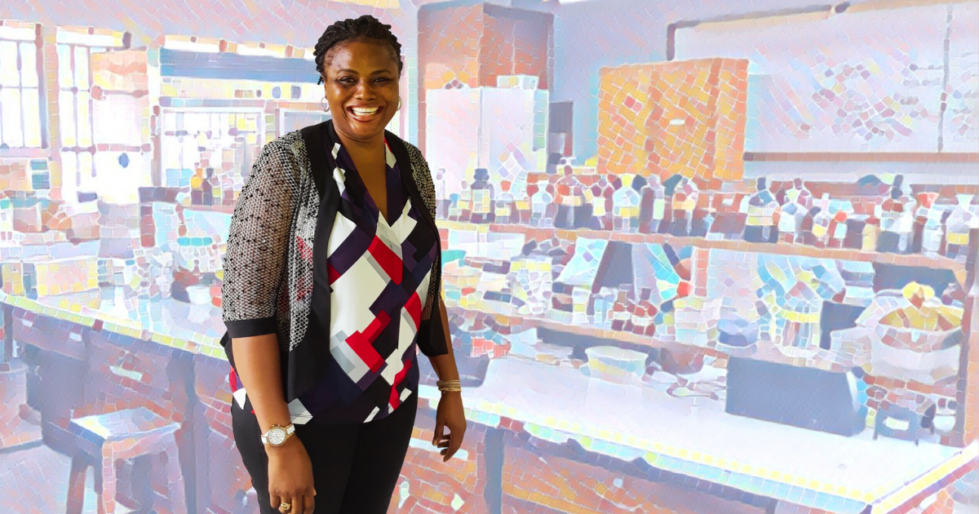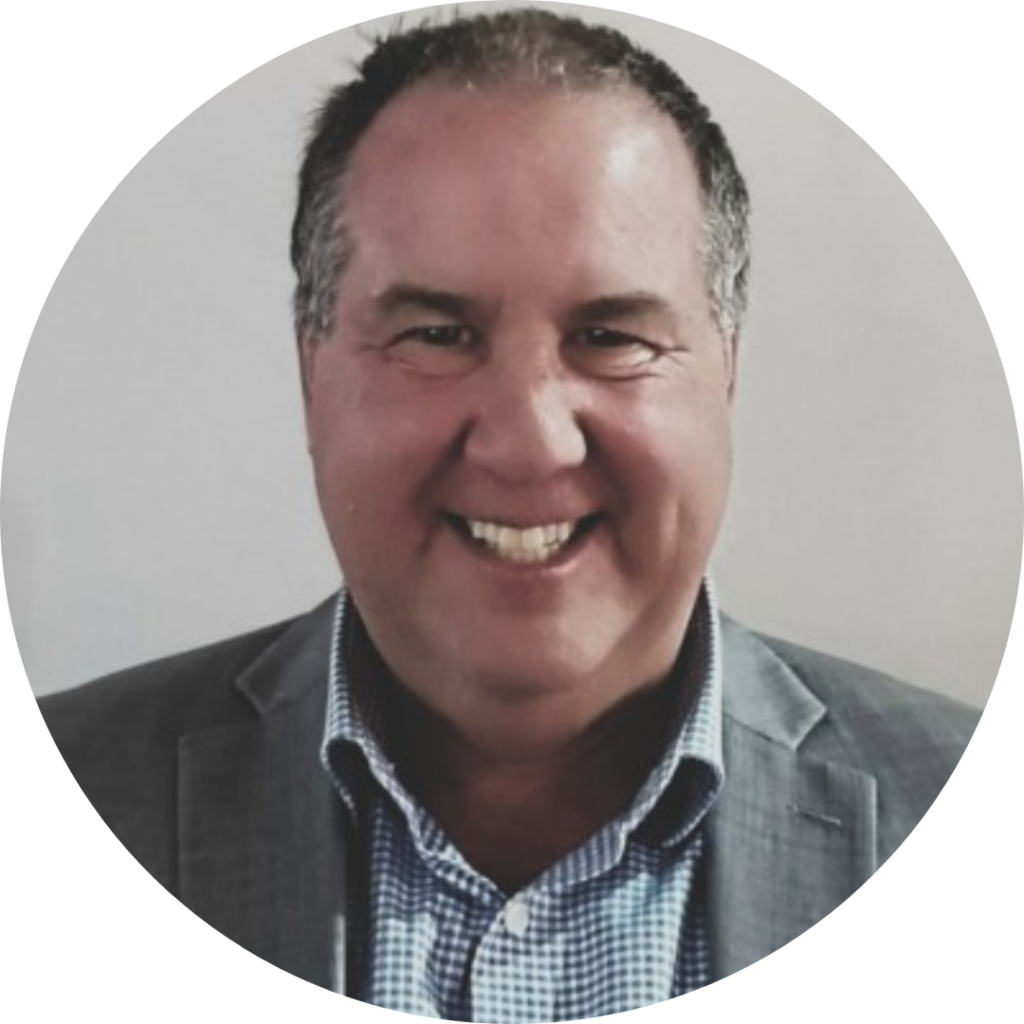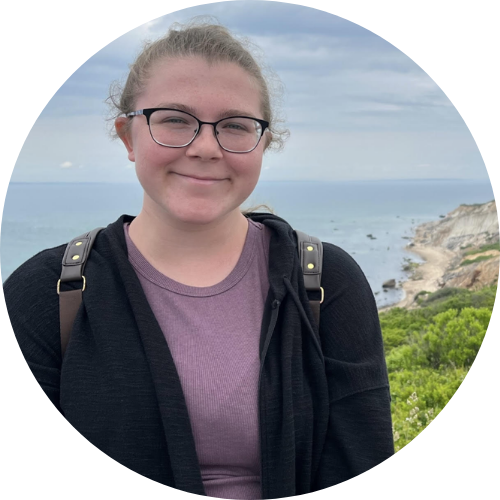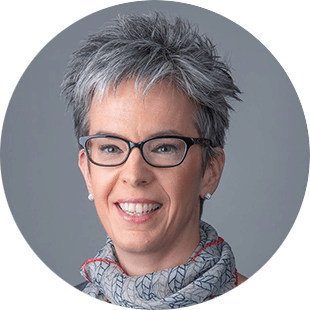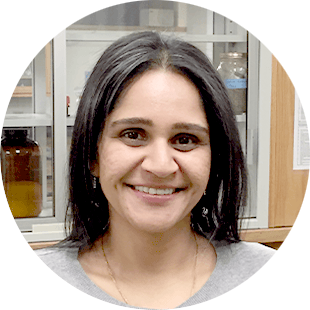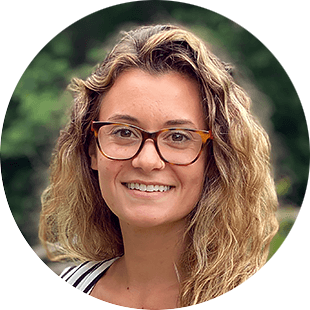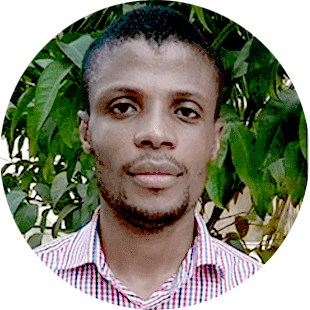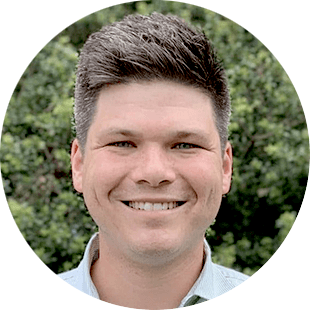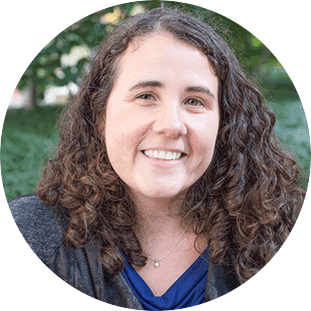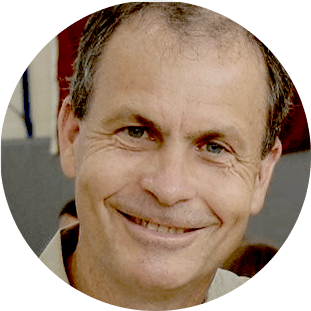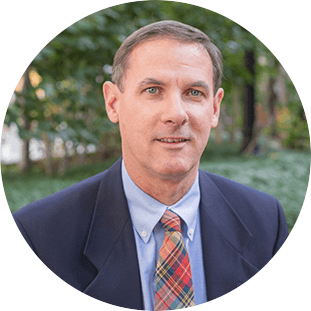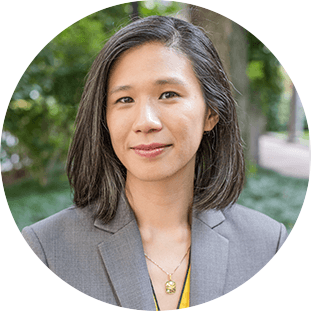As an aquatic toxicologist at the University of Ibadan in Nigeria, Aina Adeogun, PhD, can expertly identify when an ecosystem is out of balance.
Although she primarily researches the effects of pollution on Nigeria’s fresh and saltwater, Prof. Adeogun could also see challenges in her own environment: the Department of Zoology’s laboratories. The available instrumentation was limiting her potential, and the department struggled to train the next generation of scientists.
It was a familiar narrative for Prof. Adeogun: an imbalance affected nearly everything downstream. In the absence of modern equipment, the department’s teaching and research were stalling.
Graduate students, in particular, were acutely affected by the lack of equipment. They could not perform the kinds of experiments required to answer the complex questions they were asking. Rather, they bided their time, with some abandoning their projects entirely because they could not complete their research.
“We have a lot of challenges to research in Nigeria, ranging from not having equipment to very little grants,” says Prof. Adeogun.
In the Department of Zoology, Prof. Adeogun recognized that one of these challenges could be addressed with the right opportunity: their lack of scientific instruments. After all, how can a department teach laboratory skills without benchtop equipment, or analyze samples for toxic chemicals without a PCR?
Through Instrumental Access, Prof. Adeogun and her colleagues selected the tools they needed to address this major challenge. In June 2019, nearly 2 tons of Instrumental Access equipment arrived on campus in Ibadan, supplying the department with everything from glassware to high-impact analytical equipment.
These pieces have been essential for advancing Prof. Adeogun’s research, which focuses on food and environmental safety, specifically in Nigeria’s major water sources. With contamination of waterways on the rise, Prof. Adeogun is working to understand the way pollution in water affects the endocrine systems of fish, which sheds light on the same biological mechanisms in humans.
In understanding how pollution affects the hormones and even harms the reproductive organs of fish, she hopes to have a greater understanding of how the polluted water impacts Nigeria’s most vulnerable populations: women and children.

The department’s research potential has also improved in astounding ways with this increased capacity. They were able to secure accreditation for their biological sciences program while also creating opportunities for graduate students to compete for international funding.
Now, Prof. Adeogun has been awarded a grant from the Nigerian government to study microplastics in the aquatic environment of local waterways, helping graduate students and faculty to better understand how animals are affected by human-caused changes to their environments.
While research is flourishing among graduate students and faculty, Prof. Adeogun also sees the impact of Instrumental Access equipment on the ways that she teaches her undergraduate students. Time doing practical experiments became time they all looked forward to. Her students took their education into their own hands, literally, and stepped into the world of modern experimentation.
The equipment allowed graduate students to complete their research and gave undergraduates hands-on learning opportunities. Rather than looking at pictures of how the equipment could be used, students are now able to feel how they are used in the lab, gaining crucial experience.
“We are now able to do hands-on experimentation to complement theoretical concepts,“ Prof. Adeogun says. “You would be amazed what a simple micropipette can do to change teaching and science in a country like Nigeria.”
In short, Instrumental Access equipment has transformed the department in all aspects.
“This single donation of equipment has changed the narrative for us as faculty and for our students,” Prof. Adeogun explains. “We used to have a lot of problems with trying to explain scientific concepts to our students because we did not have the equipment to ensure that we could do this. And that became frustrating.”
That frustration is now, thankfully, in the past. And Prof. Adeogun can embrace her department’s new narrative, where the proper instrumentation is being used to ensure better teaching and completed research.
